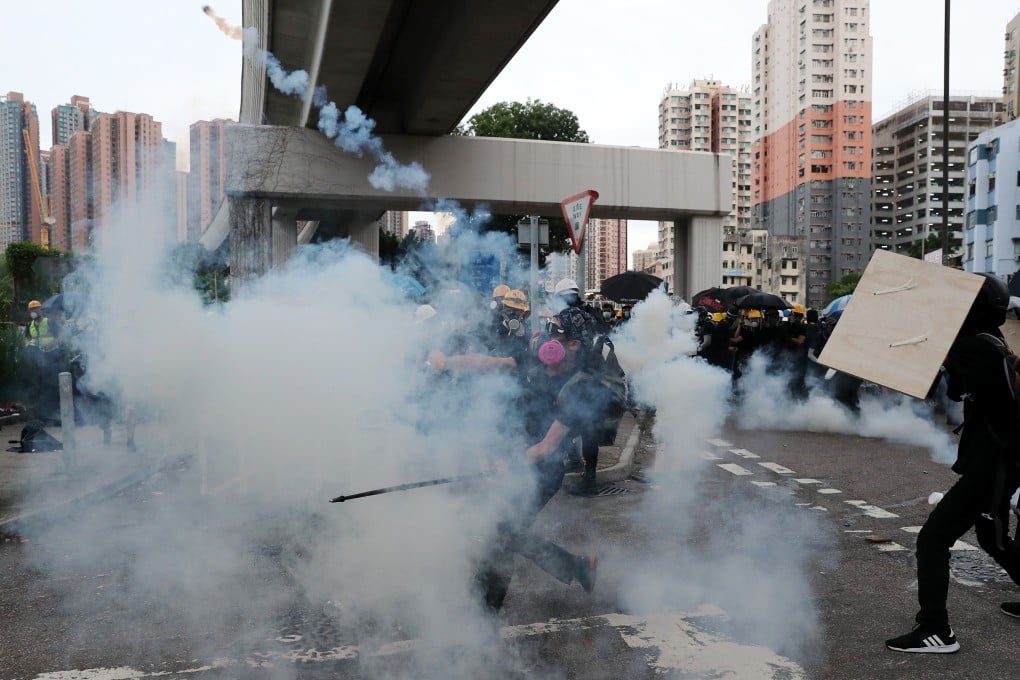Hong Kong psychiatrists volunteer to help city heal after stress of anti-government protests
- Impact on mental health greater than during the Occupy movement, College of Psychiatrists says
- Care4ALL programme will run until February and will focus on those with depression, anxiety, acute stress and PTSD

A group of Hong Kong psychiatrists have volunteered to provide free or low cost mental health services for people affected by the recent social unrest in the city.
Describing the mental pressure faced by the city’s residents as more serious than during the Occupy movement in 2014, the Hong Kong College of Psychiatrists announced it would launch the new ‘Care4ALL’ mental health programme next week.
The scheme, which will run until February, will aim to provide preliminary assessment and consultation for people suspected mental health problems directly related to the recent social unrest.

Lam advised the public to be aware of their own mental state, and that of people around them, and avoid spending too much time on the news, especially on videos that contained violent content.
Hong Kong has been rocked by weeks of protests against the controversial extradition bill, which has now been shelved, but would have allowed the transfer of suspects to jurisdictions with which the city has no such agreement, including mainland China.
